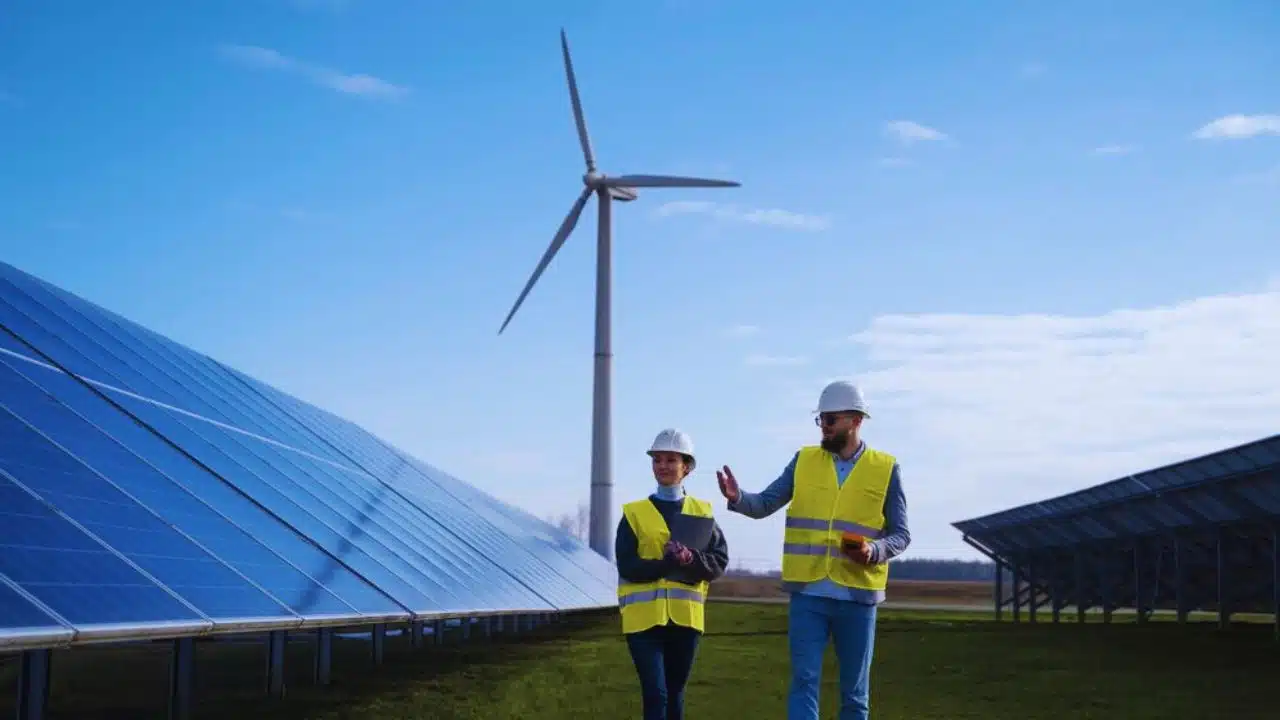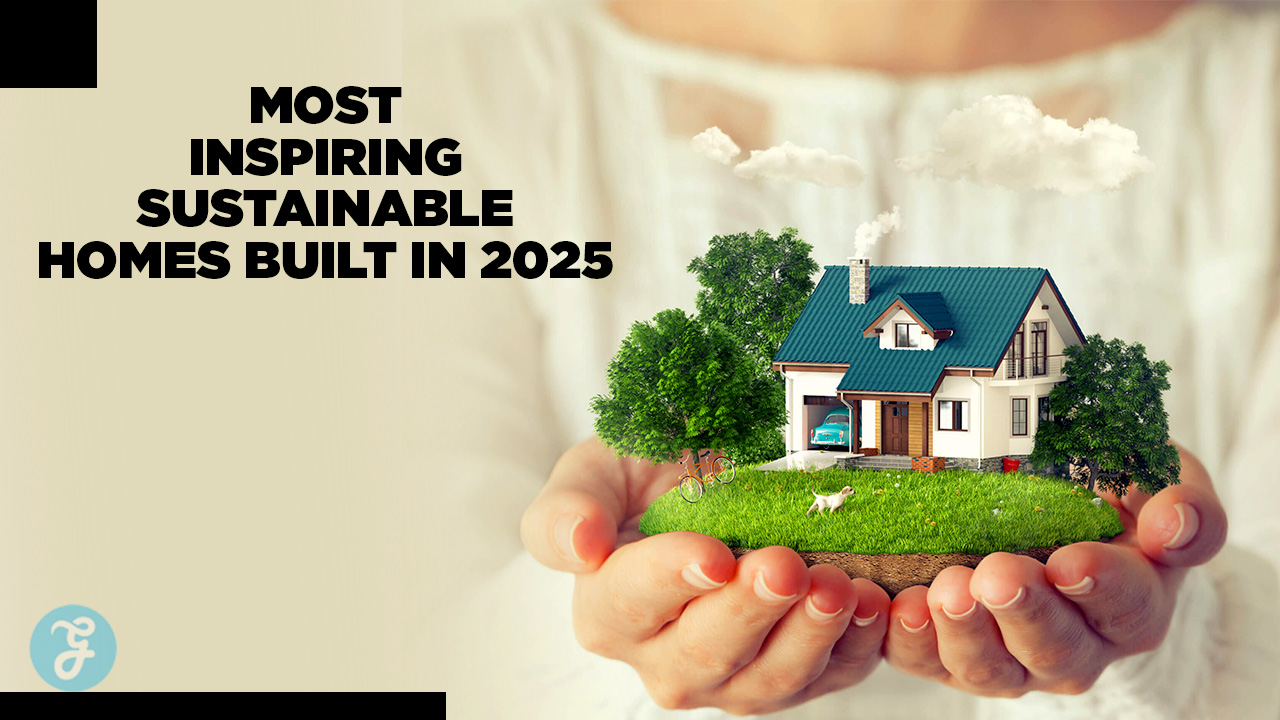The Philippines’ Department of Energy (DOE) has rolled out updated protocols and monitoring guidelines aimed at speeding up the development of renewable energy projects across the country. These guidelines are expected to significantly streamline administrative processes, minimize project delays, and ensure greater accountability among renewable energy developers.
The move comes as part of the Philippine government’s broader strategy to boost renewable energy generation and ensure the country’s energy mix shifts towards greener, more sustainable sources. By improving processes and removing bottlenecks, the DOE hopes to attract more investment in the renewable energy sector, which plays a crucial role in the country’s climate goals.
Tackling Non-Performing Contracts
One of the major highlights of the updated guidelines is the DOE’s focus on dealing with non-performing renewable energy contracts. Energy Undersecretary Rowena Cristina Guevara outlined that the department is determined to ensure that contracts awarded to developers are actively progressing. “If any contracts are deemed non-performing, we will open them up to new developers who can effectively bring these projects into fruition,” Guevara stated. She emphasized that this approach is designed to not only speed up project timelines but also boost investor confidence in the country’s renewable energy goals.
These measures are expected to address the ongoing issue of stalled renewable energy projects that have been hampering progress in the sector. By implementing stricter rules on contract compliance and holding developers accountable for delays, the DOE aims to eliminate any sluggishness in the energy transition process.
New Guidelines to Help Identify Non-Serious Developers
In June, the DOE released revised omnibus guidelines that govern the awarding and management of renewable energy contracts. These new rules are specifically aimed at identifying and removing non-serious developers from the project pipeline, thus allowing legitimate and committed developers to push their projects forward more effectively. The guidelines were introduced as part of the department’s renewed commitment to prioritize serious projects and improve the overall efficiency of the renewable energy sector.
105 Renewable Energy Projects at Risk of Termination
At present, a significant number of renewable energy projects in the Philippines are facing potential termination due to non-compliance with the development timelines set by the DOE. According to recent reports, 105 renewable energy contracts awarded between 2017 and 2019 are now under scrutiny, with many at risk of being revoked.
The primary causes for delays in these projects include difficulties in securing possessory rights and challenges related to system impact studies (SIS). Without the necessary rights to access and use land, as well as thorough impact assessments on existing energy systems, these projects have been unable to proceed as planned.
Of the 105 projects facing termination, 88 are significantly delayed. These include 53 solar energy projects, 17 hydropower projects, 10 wind energy projects, 5 geothermal projects, and 3 biomass energy projects. The DOE is particularly concerned about the progress of these delayed projects, as they were expected to contribute significantly to the country’s renewable energy capacity.
Strict Measures to Enforce Compliance
In an effort to combat delays and enforce stricter compliance, the DOE is implementing a detailed contract termination process that sets clear deadlines for project milestones. Under the revised rules, developers working on solar energy contracts are required to complete the pre-development phase within two years. This phase includes securing permits, conducting feasibility studies, and completing necessary site assessments.
If developers fail to submit a declaration of completion or demonstrate that reasonable efforts have been made to move the project forward, they will be issued a show-cause order. This order will require them to explain the reasons for the delay. If the reasons provided are deemed insufficient, the DOE will recommend contract termination to the Secretary of Energy. This system is designed to ensure that only projects with genuine progress are allowed to continue, while underperforming projects are opened up to other developers.
Certificate of Authority Requirement for Developers
Another significant update in the DOE’s guidelines is the introduction of the requirement for developers to obtain a Certificate of Authority (COA) before signing renewable energy contracts. This certificate serves as a pre-qualification measure, ensuring that developers are ready to undertake their projects and have all necessary documents and permits in place before construction begins.
The COA allows developers to secure permits and conduct essential surveys—such as environmental impact assessments and technical studies—before the official start of the project. By completing these requirements early on, developers can hit the ground running once contracts are signed, reducing the likelihood of delays caused by administrative or regulatory hurdles.
This additional layer of preparation is expected to improve project timelines and reduce the risk of unforeseen obstacles that can slow down renewable energy developments.
Simplified Process for Obtaining Incentives
The DOE’s revised guidelines also simplify the process for developers to obtain financial incentives. In the past, developers had to navigate a complex bureaucratic system to qualify for incentives that could help reduce the cost of renewable energy projects. Now, developers can receive a Certificate of Registration (COR) after confirming project viability, which streamlines the process of accessing available financial incentives.
For biomass and solar energy projects, developers can now obtain a COR once they reach financial closure—meaning that their projects are fully funded and ready to move forward. This change is expected to encourage more investment in these sectors, as developers will face fewer administrative barriers when seeking financial support for their projects.
DOE Enhances Energy Virtual One-Stop Shop (EVOSS) System
In an effort to further reduce bureaucratic red tape and make it easier for renewable energy projects to get off the ground, the DOE is also improving its Energy Virtual One-Stop Shop (EVOSS) System. The EVOSS platform, which was designed to streamline the permitting and approval process for energy projects, is now being enhanced to better serve developers and reduce the time it takes to secure necessary permits.
The EVOSS system allows developers to submit permit applications, track their progress, and receive approvals from various government agencies all in one place. By consolidating these processes, the DOE aims to reduce the bureaucratic hurdles that often cause delays in renewable energy projects. The improvements to EVOSS are part of the DOE’s larger effort to ensure that the Philippines becomes a more attractive destination for renewable energy investment.
Boosting Investor Confidence and Achieving Renewable Energy Goals
The DOE’s introduction of new guidelines and stricter protocols is seen as a positive step towards improving the Philippines’ renewable energy landscape. By addressing issues of non-compliance, simplifying administrative processes, and enhancing project preparation measures, the DOE aims to accelerate the development of renewable energy projects across the country.
These reforms are also expected to strengthen investor confidence in the Philippines’ renewable energy sector. With clear rules in place, investors can be assured that their projects will progress smoothly, without being hindered by unnecessary delays or administrative challenges.
Ultimately, the DOE’s efforts are aligned with the Philippine government’s ambitious goal to increase the share of renewable energy in the country’s energy mix. By fostering a more efficient and accountable environment for renewable energy development, the DOE is paving the way for a greener, more sustainable future for the Philippines.




































